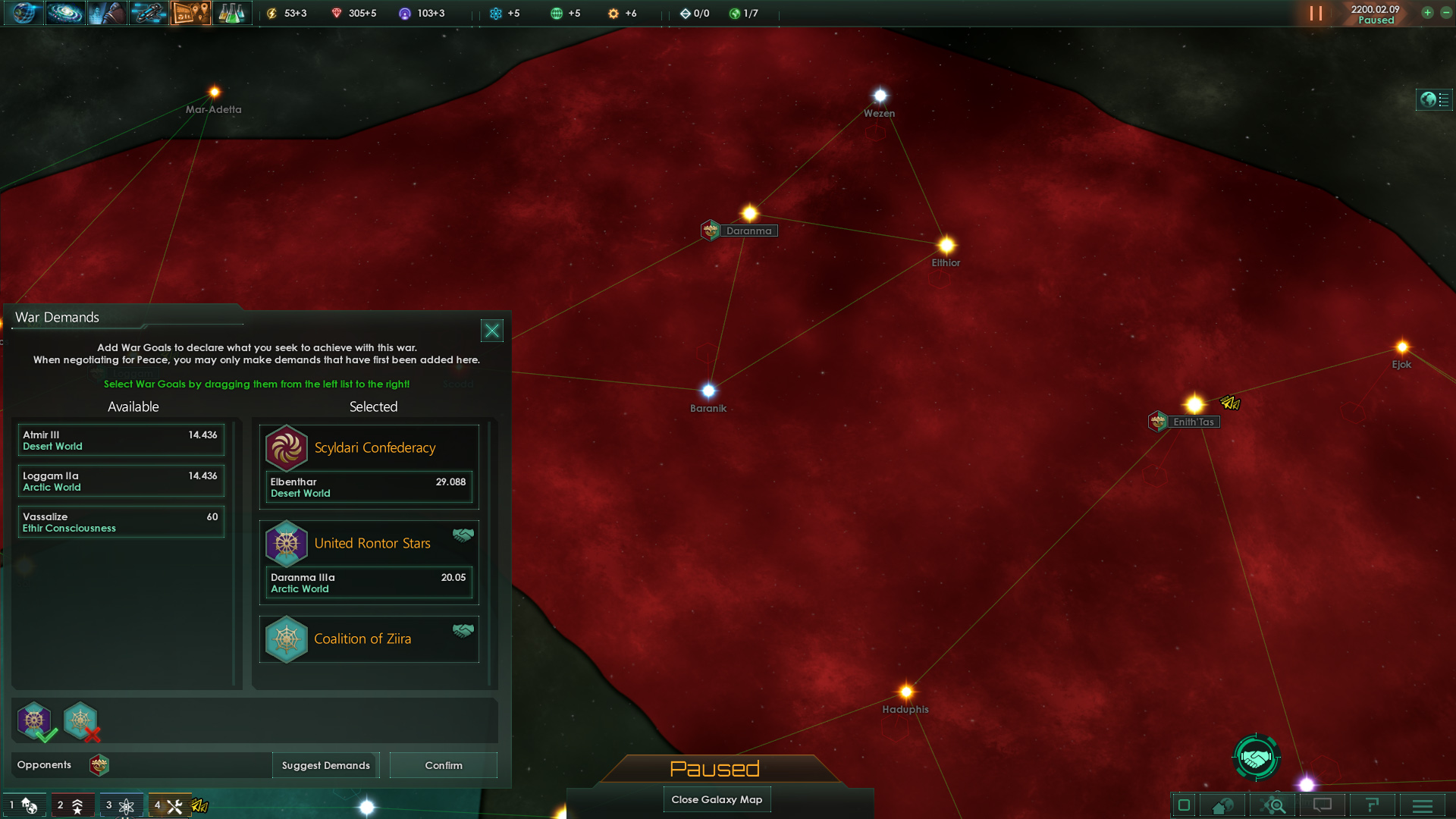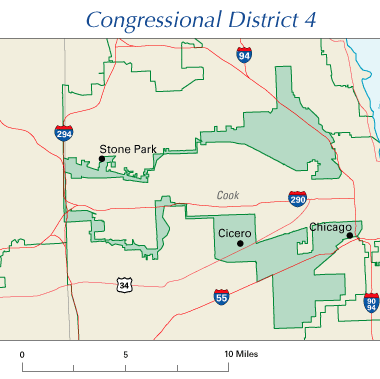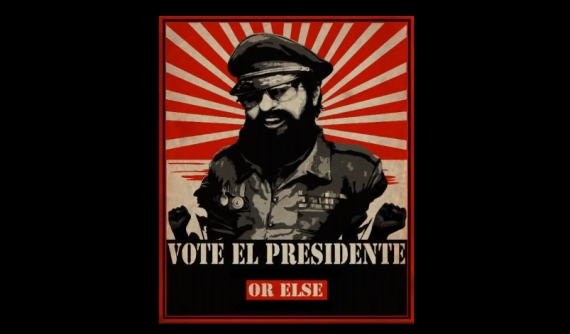Greetings fellow gamers!
The topic for today is “Alliances and Federations”. Now, we have modelled alliances quite differently in most of our games. In Crusader Kings II, for example, alliances are bilateral, and allies are (since the last patch) automatically dragged into wars with no option of opting out and breaking the alliance. In Europa Universalis IV, alliances are also bilateral, but you can decline a “Call to Arms” at the cost of Prestige. In Stellaris, alliances are multilateral (they can have any number of members, not just two), and are thus more like NATO and less like the complex web of mutual agreements that existed at the outbreak of the Great War. This means that members of an alliance need a greater say in matters that concern the entire alliance, notable declarations of war (and some things are simply not allowed if you are an alliance member, such as guarantees of independence.)
If I am a member of an alliance in Stellaris and I want to declare a war, all the other members of the alliance need to approve. This ties back to what I talked about in the dev diary two weeks ago; if the goals I declare with the war are only beneficial to myself, my allies are of course less likely to approve. Therefore, I will likely have to dicker with the war goals in order to satisfy all of my allies (depending on their opinions and strategic concerns, naturally.) Of course, members can always just leave an alliance (while at peace) if it won’t permit them to achieve their goals.

If an alliance works well, however, the members can instead choose to deepen their cooperation and form a Federation. There are pros and cons to this choice. Alliances can be paralyzed by vetoes from the member states, but a Federation is governed by a single President who has the power to act with impunity. On the other hand, the presidency rotates between the member states, so for long periods members will have little control over their foreign policy. Federation members also share victory, which might be a problem for certain types of players…
Another interesting feature of Federations is that they have a special joint space navy in addition to the forces of the separate member empires. The Federation president gets to design these ship templates using all the best technologies of all the member empires. The president also gets to control these fleets, of course. As a rule of thumb, several fairly equally matched empires might want to form a Federation, especially in the face of aggressive, significantly larger neighbors, but it might not be the best idea for empires who are dominant in their own right. Of course, there is also an element of role-playing to the choice…

That’s all for now. Next week’s topic is Multiplayer!
The topic for today is “Alliances and Federations”. Now, we have modelled alliances quite differently in most of our games. In Crusader Kings II, for example, alliances are bilateral, and allies are (since the last patch) automatically dragged into wars with no option of opting out and breaking the alliance. In Europa Universalis IV, alliances are also bilateral, but you can decline a “Call to Arms” at the cost of Prestige. In Stellaris, alliances are multilateral (they can have any number of members, not just two), and are thus more like NATO and less like the complex web of mutual agreements that existed at the outbreak of the Great War. This means that members of an alliance need a greater say in matters that concern the entire alliance, notable declarations of war (and some things are simply not allowed if you are an alliance member, such as guarantees of independence.)
If I am a member of an alliance in Stellaris and I want to declare a war, all the other members of the alliance need to approve. This ties back to what I talked about in the dev diary two weeks ago; if the goals I declare with the war are only beneficial to myself, my allies are of course less likely to approve. Therefore, I will likely have to dicker with the war goals in order to satisfy all of my allies (depending on their opinions and strategic concerns, naturally.) Of course, members can always just leave an alliance (while at peace) if it won’t permit them to achieve their goals.

If an alliance works well, however, the members can instead choose to deepen their cooperation and form a Federation. There are pros and cons to this choice. Alliances can be paralyzed by vetoes from the member states, but a Federation is governed by a single President who has the power to act with impunity. On the other hand, the presidency rotates between the member states, so for long periods members will have little control over their foreign policy. Federation members also share victory, which might be a problem for certain types of players…
Another interesting feature of Federations is that they have a special joint space navy in addition to the forces of the separate member empires. The Federation president gets to design these ship templates using all the best technologies of all the member empires. The president also gets to control these fleets, of course. As a rule of thumb, several fairly equally matched empires might want to form a Federation, especially in the face of aggressive, significantly larger neighbors, but it might not be the best idea for empires who are dominant in their own right. Of course, there is also an element of role-playing to the choice…

That’s all for now. Next week’s topic is Multiplayer!




